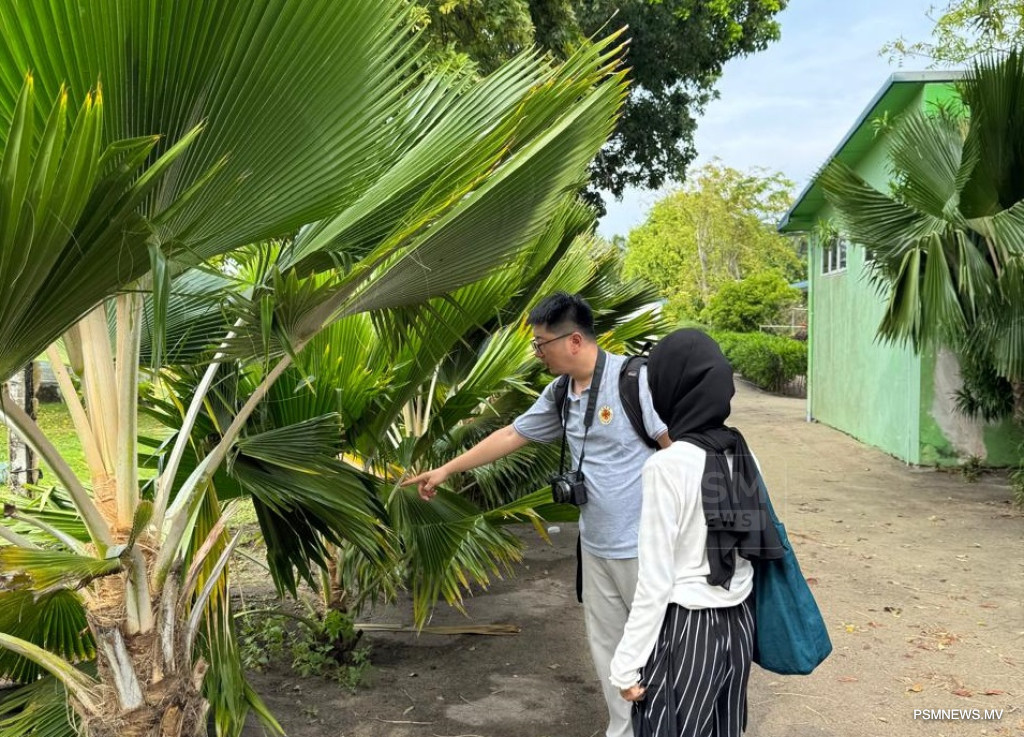
The Ministry of Agriculture and Animal Welfare has stressed on the need for more research to effectively combat the spread of plant pests and disease in the Maldives.
Speaking on PSM News’ ‘Rajje Miadhu’ programme, Director General of Animal Welfare, Hamid Ibrahim Fulhu, said the short distance between coconut trees in the Maldives has facilitated the spread of disease and pests.
Hamid pointed out that the use of strong chemical pesticides kills off insects which are useful to fight plant diseases like white bellairs.
"When you start using chemical pesticides, the insects that actually help plants attack these white bellairs are also killed off. Bio pesticides are environmentally friendly and attack white bellairs while sparing the useful insects. The same thing happens when resorts and islands use strong chemicals to fight mosquito spread,” Hamid explained.
Deputy Minister of Agriculture and Animal Welfare, Ismail Mohamed said trying to eradicate plant diseases without proper research would not provide a sustainable solution to the problem.
He said the government is working together with the Environment and Plant Protection Research Institute of the Chinese Academy of Tropical Agricultural Sciences (CATAS) to find a sustainable solution, adding that a two year plan has already been drawn up.
However, efforts are being made to increase the participation of private and State-owned companies in a more sustainable manner, he added.
"We are starting in the north first because we have an agriculture centre in Hanimaadhoo and then an island for commercial purposes of flower farming. Also in central Maldives, the Ministry of Agriculture has an island, Ariyadhoo. Analyses have been done and all the programmes have been designed for the varieties of coconut trees needed in the Maldives,” he explained.
Ismail Mohamed said the concept would be introduced in the south as well, adding that its expansion to the whole country within the next two years will facilitate sustainable monitoring.
